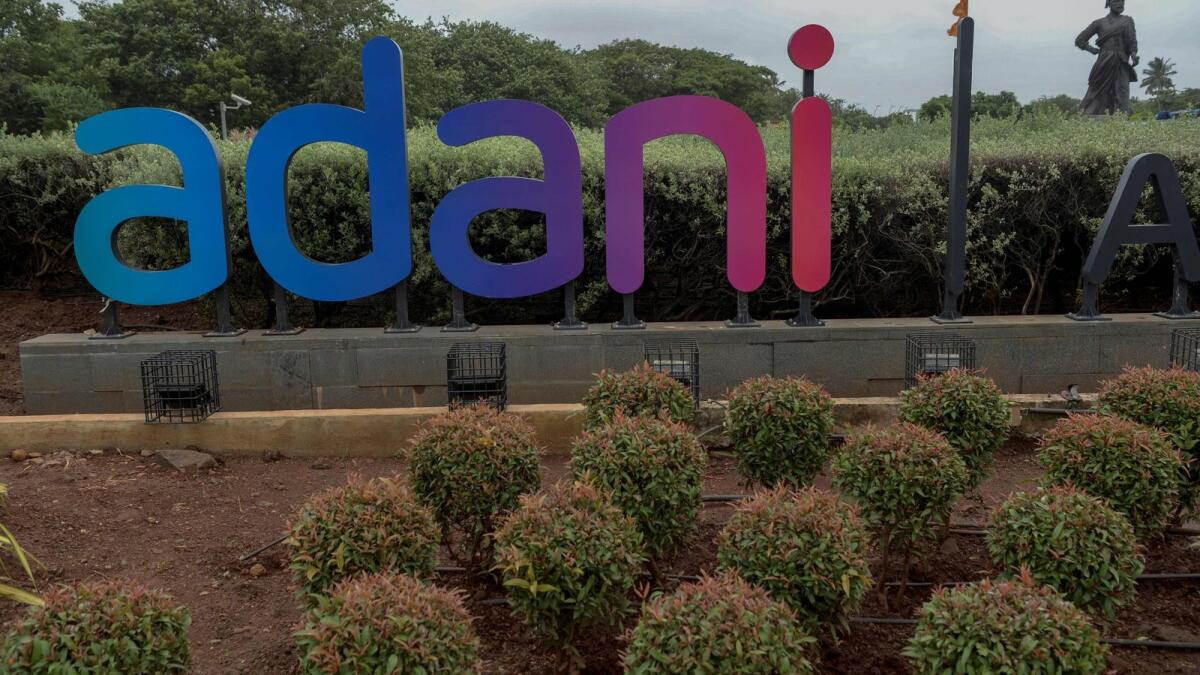Kenya has recently awarded a public-private partnership concession to India’s Adani Group and Africa50, a unit of the African Development Bank, to construct power transmission lines. The deal, valued at $1.3 billion, was announced by David Ndii, the chief economic adviser to President William Ruto. This partnership will allow the companies to build new transmission lines without the need for government borrowing. Africa50, known for its infrastructure investments, will be working alongside Adani Group on this project.
While the Adani Group and Africa50 have not yet commented on the concession, the Kenyan government’s decision to lease the Jomo Kenyatta International Airport to the Adani Group for 30 years has sparked controversy. In exchange for a $1.85 billion investment in the airport’s expansion, the Adani Group will take over management of the airport, a move that has caused backlash from Kenyans and led to a strike by the country’s aviation workers. Adani Group, which operates multiple airports in India, has faced criticism in the past for allegedly receiving government favours, although these claims have been denied by both the company and Indian officials.
Kenya’s decision to enter into these partnerships comes at a time when the country is grappling with a significant debt burden stemming from years of heavy investments in infrastructure projects. The government’s proposal to raise taxes in order to generate additional revenue for debt repayment earlier this year resulted in violent protests and ultimately led to the plan being abandoned. With ongoing economic challenges, securing partnerships with private entities like Adani Group and Africa50 may provide a means for Kenya to access much-needed funding for key infrastructure projects without further increasing its financial strain.
This partnership between Kenya, Adani Group, and Africa50 represents a significant opportunity for the country to develop its power infrastructure without adding to its already considerable debt load. By leveraging private sector resources and expertise, Kenya can improve its transmission capabilities and support the nation’s economic growth. However, the controversial decision to lease the Jomo Kenyatta International Airport to the Adani Group has sparked criticism and resistance from the public and workers in the aviation sector, highlighting the challenges and complexities of public-private partnerships in the country.
Moving forward, it will be crucial for the Kenyan government to transparently manage these partnerships and ensure that they benefit the country’s citizens while also addressing its infrastructure needs. By balancing the interests of all stakeholders, including the public, private companies, and government entities, Kenya can maximize the potential of these projects and drive sustainable development. As the country navigates its economic challenges and works to improve its infrastructure, strategic partnerships with reputable organizations like Adani Group and Africa50 could play a key role in advancing Kenya’s power sector and supporting its long-term growth objectives.








